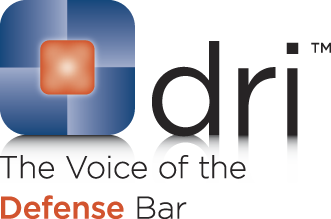For those who fail to comply with CSA 2010’s Safety Measurement Systems, serious financial consequences are soon to follow. Unlike Safe Stat’s pass / fail system, even a single violation identified in an audit can result in automatic failure and the suspension or revocation of a carrier’s authority under CSA 2010. Below are critical items every motor carrier must keep an eye on. But before we jump to the auto-fail list, a brief lead-in to bring the readers up to speed.
In the days of Safe Stat, the FMCSA used a pass/fail audit system to determine a carrier’s regulatory compliance. Few carriers failed these audits and many industry professionals believed the high pass rate gave rise to an illusion of actual compliance.
Despite the comprehensive nature of Safe Stat, regulators felt it did not create a uniform, objective mechanism of enforcement. Thus was born CSA 2010, the FMCSA’s Comprehensive Safety Analysis 2010 initiative. CSA 2010 was created with the stated mission of reducing the severity and number of trucking accidents. To accomplish this goal, regulators developed a system that seeks to identify and eliminate behavior that poses a safety risk.
Unlike its predecessor, CSA 2010 tackles both compliance and accountability issues with a vengeance. It can turn a single compliance violation into an automatic audit failure, jeopardizing the carrier’s authority. Following are ten auto-fail categories about which all carriers must be vigilant:
- Implement and enforce a random alcohol and / or controlled substance testing policy;
- Do not use, hire, or otherwise authorize any person to operate a CMV who will not voluntarily submit to a 49 CFR Part 382 controlled substance test;
- Do not hire a driver where you have reason to know the driver tested positive for use of controlled substances in the past;
- Do not use, hire, or otherwise authorize any person to operate a CMV who does not possess a valid CDL or who is disqualified from operating a CMV in any other state for any reason;
- Ensure that each CMV or passenger-carrying vehicle operating under your authority is covered by the minimum levels of financial responsibility as required by law;
- Maintain proof of proper inspections with each CMV;
- Do not use, hire, or otherwise authorize a physically, or in any other respect disqualified driver from operating a CMV;
- Thoroughly document the repair of every defect noted on your driver’s DVIR that reflects an problem that would put the CMV out of service should it be inspected;
- Never permit a CMV that has been declared out of service back on the road until adequate repairs are complete and thoroughly documented; and
- Establish an internal audit system for your own driver files to ensure Hours of Service and other requisite duty documents are properly maintained.
While the carriers bear most of the burdens imposed by CSA 2010, ask yourself, is it better to carry that cost, or to risk the possibility of having your authority revoked or your trucks put out-of-service because you failed an audit? CSA 2010’s financial bite forces carriers to tread more carefully than ever before.
 Follow
Follow Email
Email


